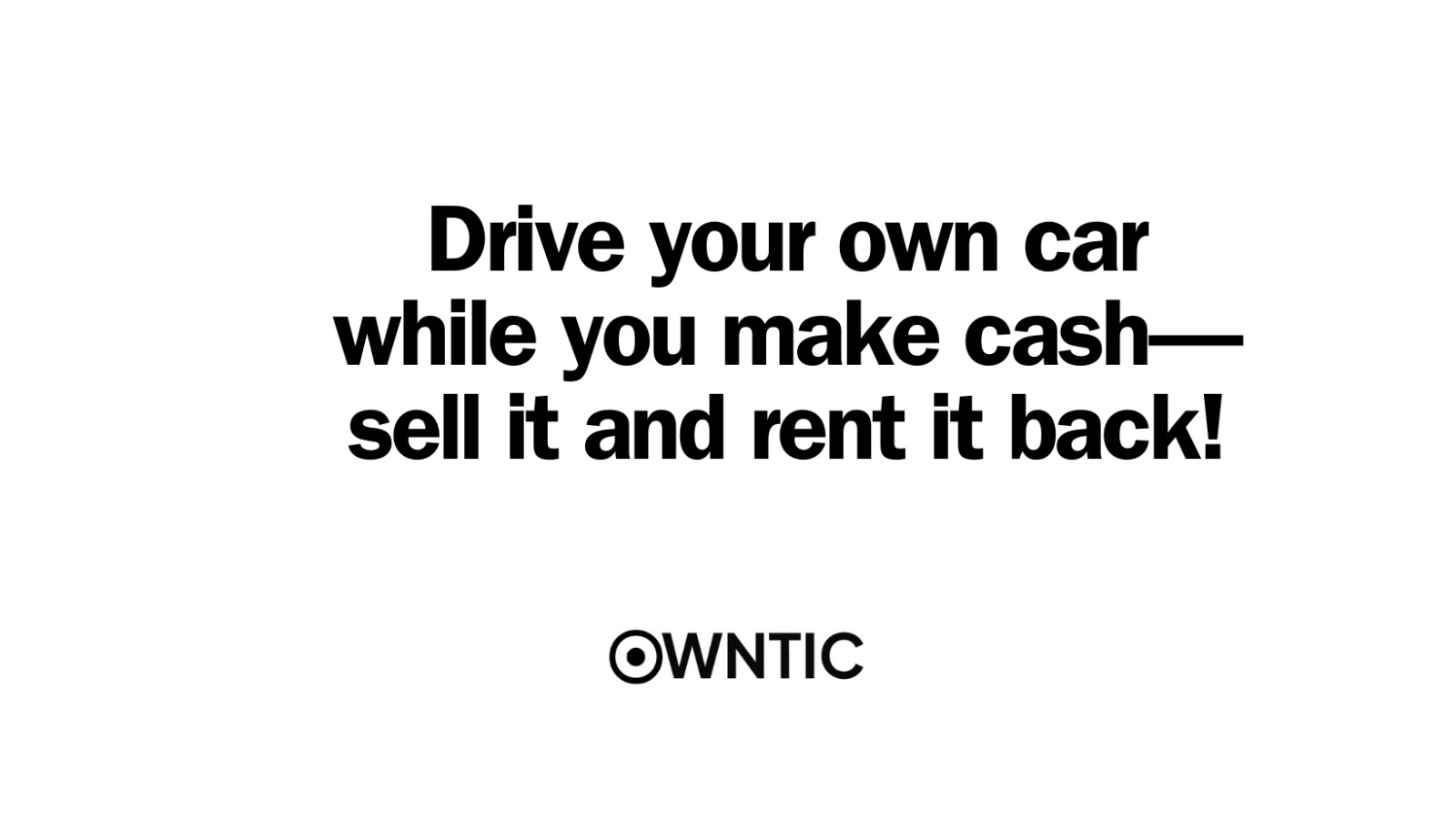Facing debt collection can be stressful, but knowing your rights is essential. Here’s a comprehensive overview of the key points:
Validation Notice: Debt collectors must provide a validation notice containing crucial details about the debt, such as the collector’s information, creditor’s name, and debt amount. This notice helps you verify the debt’s accuracy and understand your rights.

Call Frequency: Debt collectors are prohibited from excessively calling you to harass or intimidate you. The rule establishes limits on the number of calls within a specific timeframe to prevent harassment and abuse.
Reporting Debt: Before reporting a debt to a credit bureau, collectors must first make contact with you and provide a validation notice. This ensures compliance with credit reporting regulations and gives you an opportunity to address any inaccuracies.
Social Media Contact: If debt collectors reach out through social media, they must adhere to specific rules. Messages must be private, clearly identify the sender as a debt collector, and offer an opt-out option in each message to cease further communications.
Limited-Content Messages: Voicemails left by debt collectors, known as limited-content messages, must include specific information like the business name and contact details for you to reply. These messages aim to provide essential information while respecting your privacy.
Understanding these key aspects of the Debt Collection Rule empowers you to navigate debt collection situations confidently, protect your rights, and respond effectively to debt collectors’ communications.
If you’re having an issue with debt collection, you can submit a complaint with the CFPB(*) online or by calling (855) 411-CFPB (2372). You can also learn more about your debt collection rights.
CFPB stands for the Consumer Financial Protection Bureau, a federal agency in the United States responsible for overseeing consumer financial services and protecting consumer rights. It addresses complaints related to consumer financial products and services, supervises consumer financial institutions, and promotes fair and transparent practices in consumer financial markets. Additionally, the CFPB provides various resources to increase consumer education and support financial literacy. Through these efforts, the CFPB aims to empower consumers to be stronger and more protected within the financial system.
Thanks for reading



